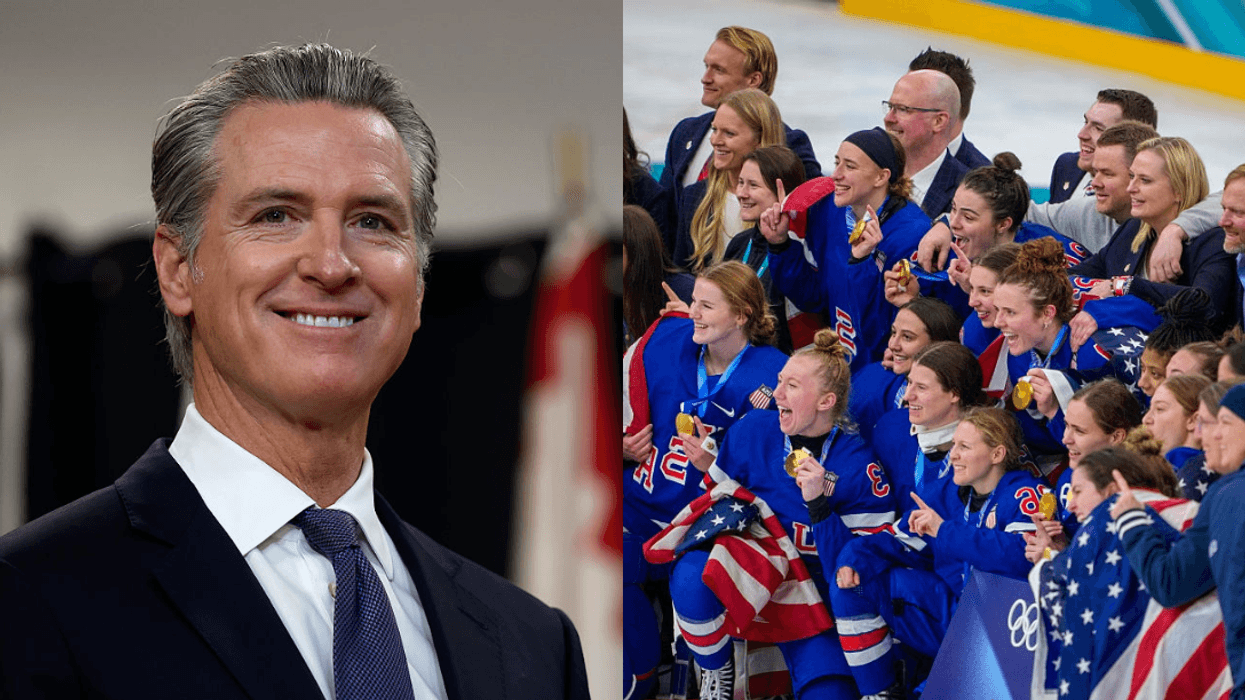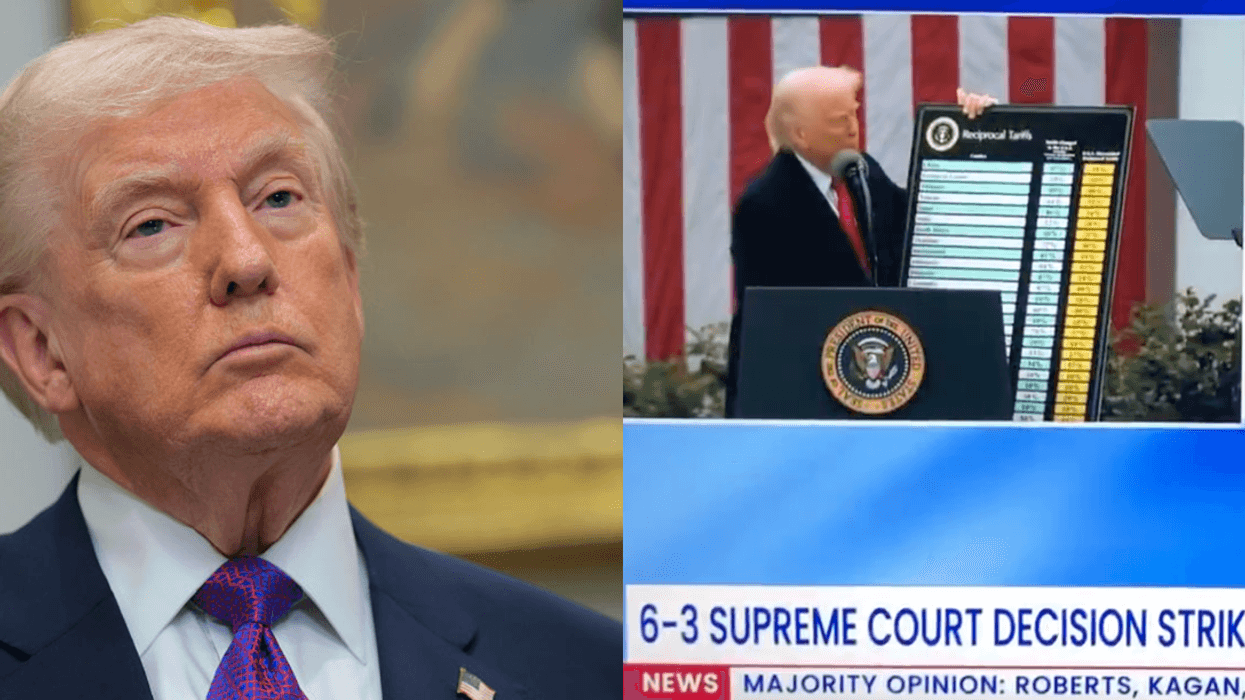The New York Times has sparked outrage online after many people noticed that the newspaper's latest Sunday crossword puzzle—published on the first day of Hannukah—resembled a swastika, perhaps the world's most notorious antisemitic symbol.
The famed newspaper has defended the crossword's publication, which also came the same day it published an opinion piece criticizing Israel's new government.
That editorial prompted Prime Minister-designate Benjamin Netanyahu to lash out at the newspaper for "burying the Holocaust for years on its back pages and demonizing Israel for decades" in addition to "undermining Israel’s elected incoming government."
You can see the questionable crossword puzzle in the tweet below.
This isn't the first time the newspaper has come under fire for a crossword resembling a swastika, which is widely recognized for its appropriation by the Nazi Party and by neo-Nazis in the years since German Nazi Party leader Adolf Hitler commited genocide against more than 6,000,000 Jews across occupied Europe.
In 2017, the Times published a tweet insisting that "No one sits down to make a crossword puzzle and says, 'Hey! You know what would look cool?'" in response to outrage that erupted after it published a crossword resembling the hateful symbol.
It has since defended their latest crossword controversy, calling the design a "common" one, adding:
"Many open grids in crosswords have a similar spiral pattern because of the rules around rotational symmetry and black squares."
Naturally, that hasn't gone over well with the newspapers readers, who said the newspaper's error is an inexcusable one given this has happened before.
The Times' crossword controversy comes at a time of heightened concern about antisemitism weaving its way into public life.
Hate crimes against Jewish people have become more frequent, according to the Southern Poverty Law Center, which noted in its 2021 report that "nearly one out of every four Jewish people in the U.S. reported experiencing being a target of antisemitism in the past year."

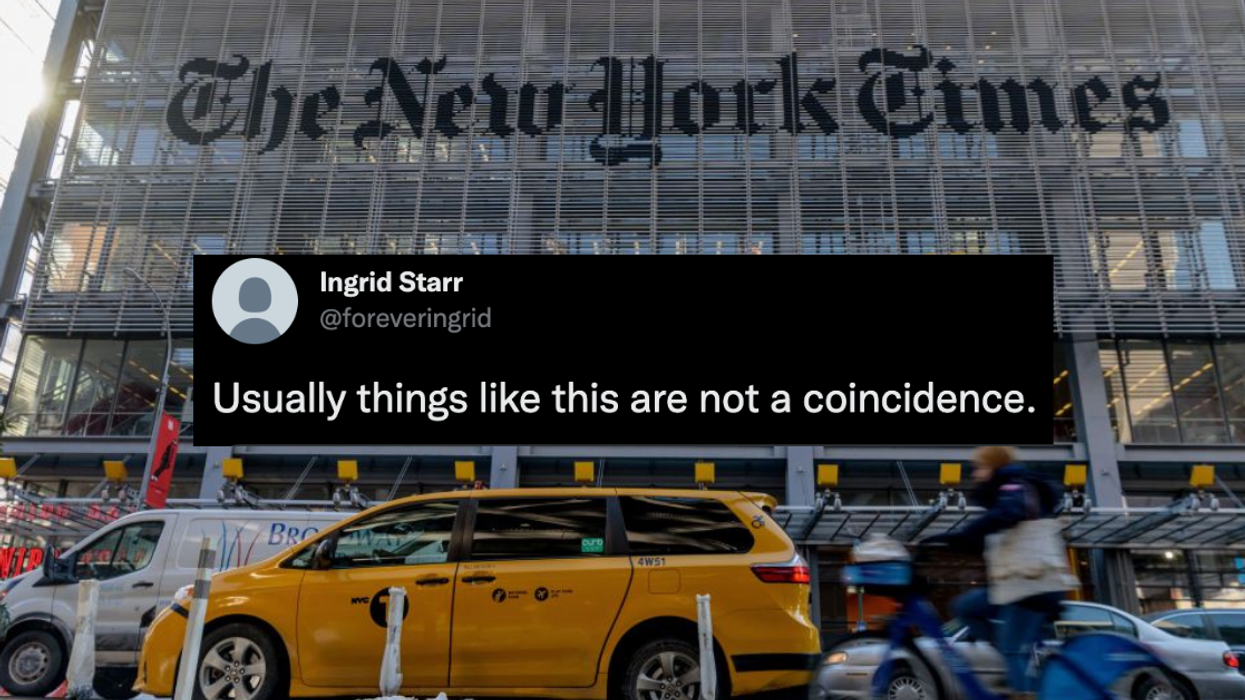

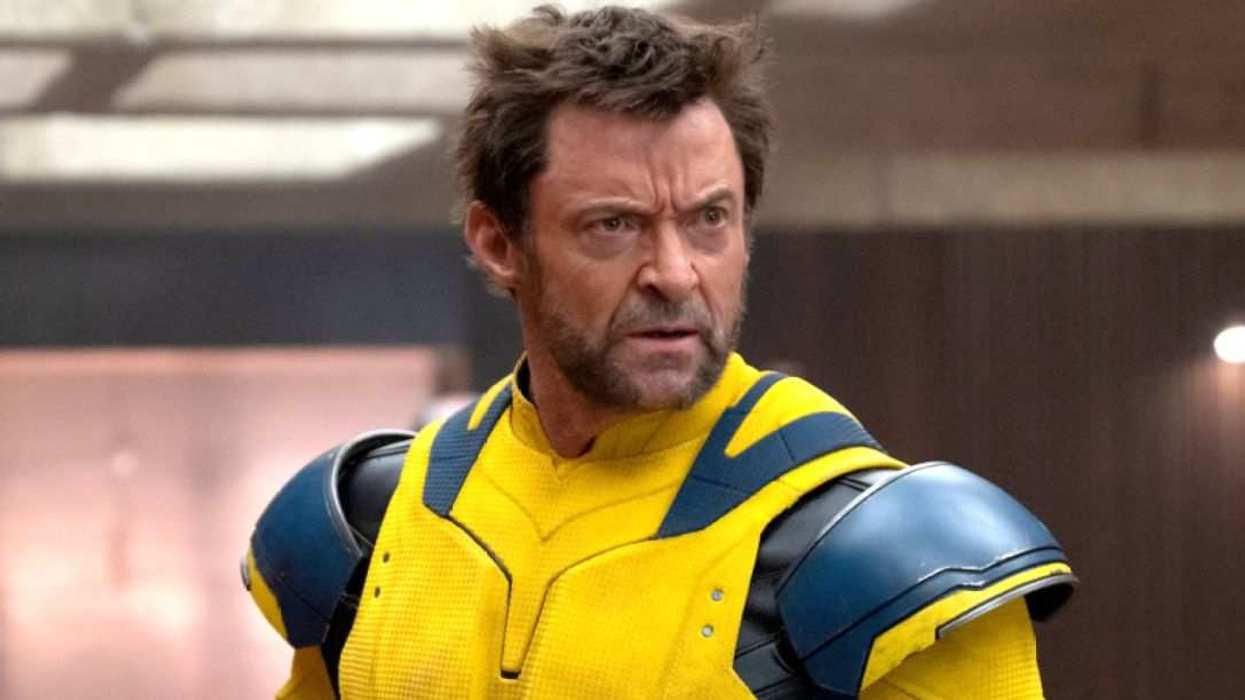


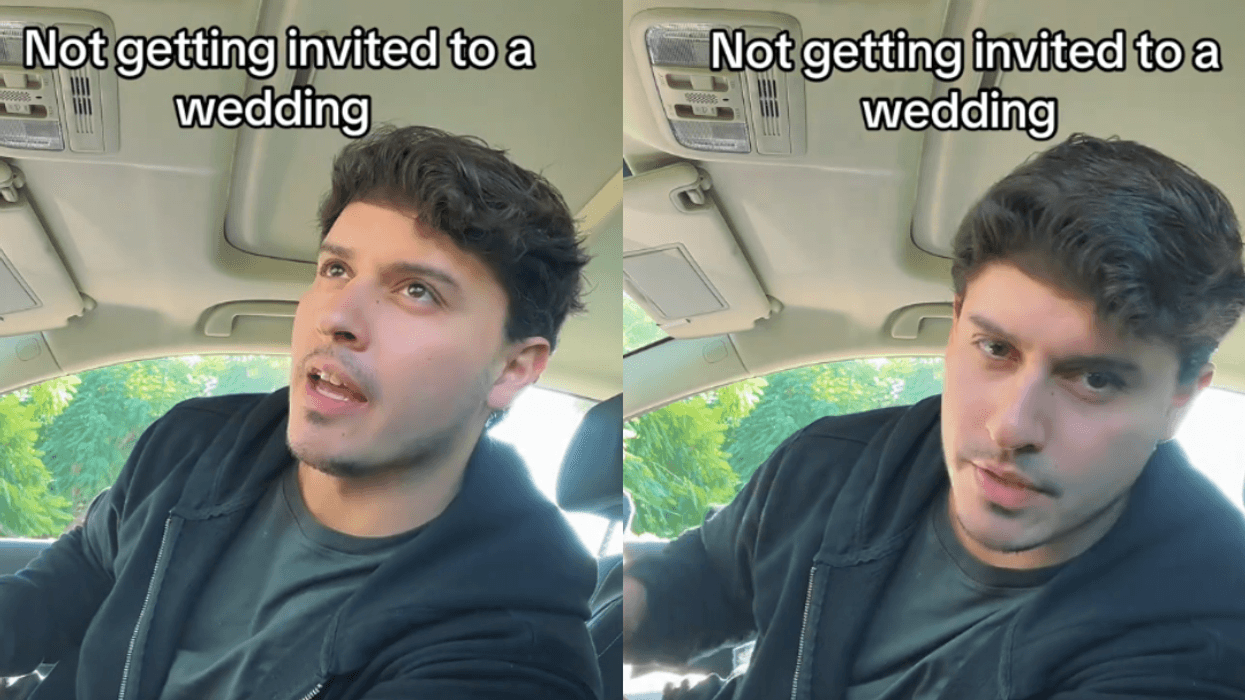






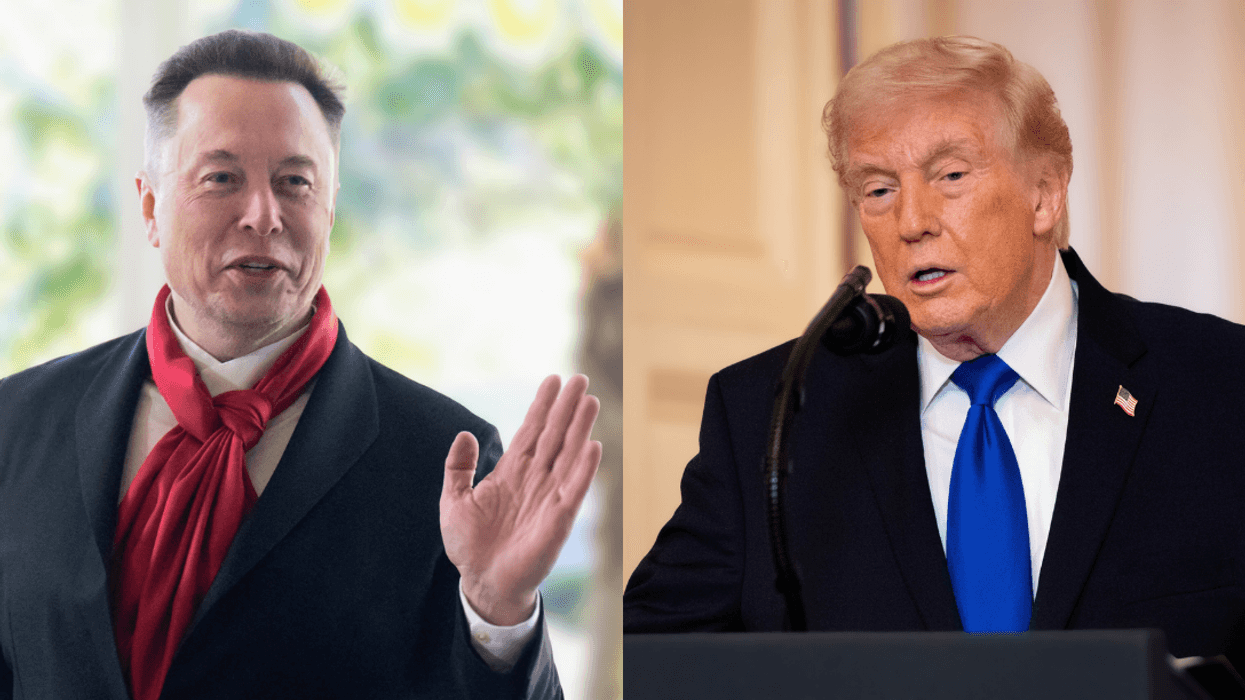
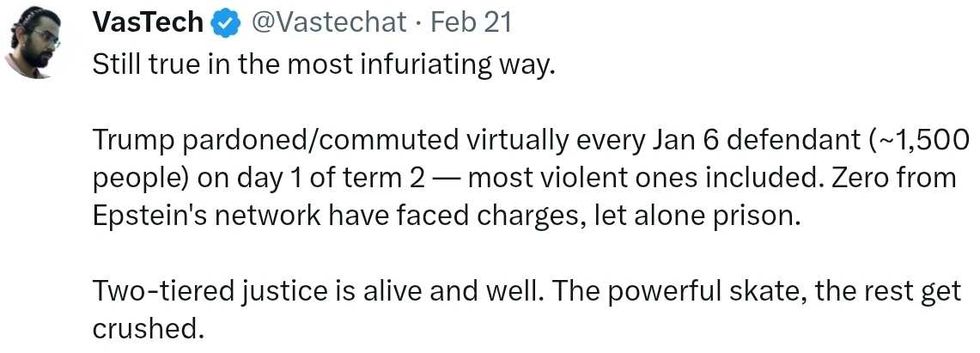 reply to @elonmusk/X
reply to @elonmusk/X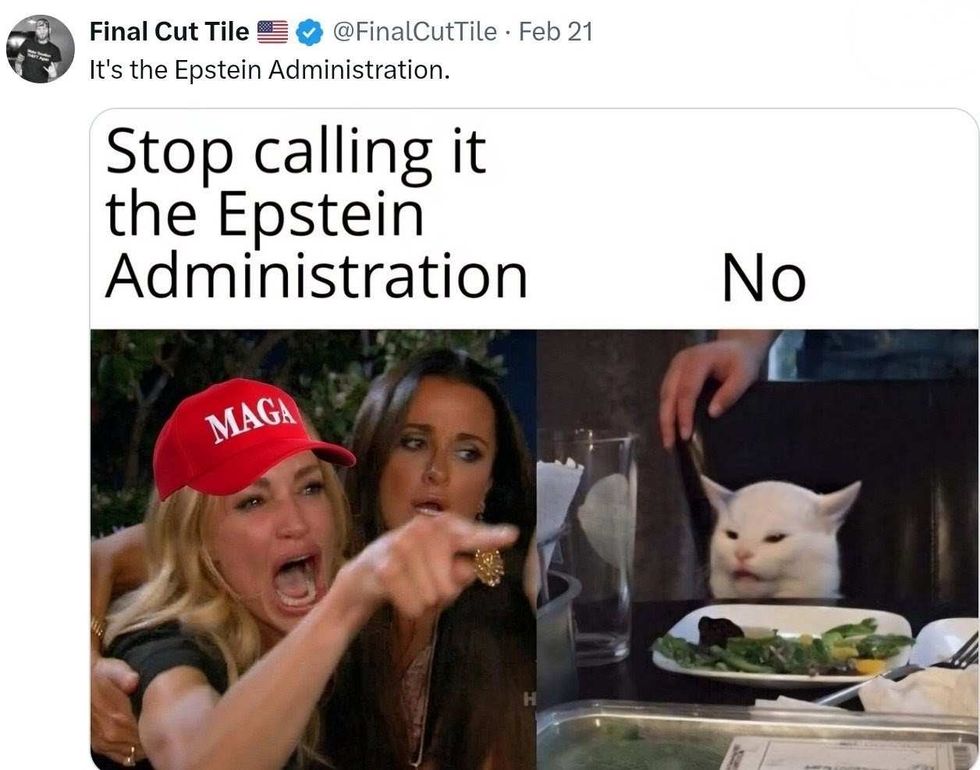 reply to @elonmusk/X
reply to @elonmusk/X reply to @elonmusk/X
reply to @elonmusk/X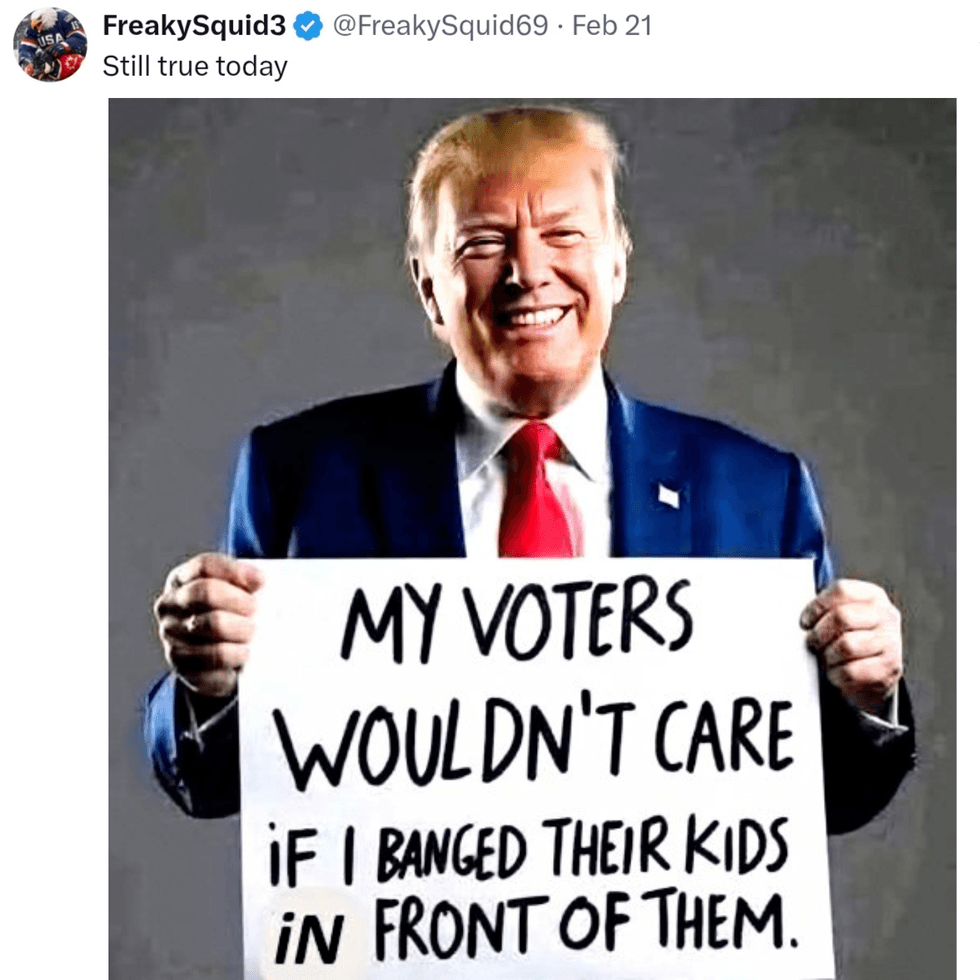 reply to @elonmusk/X
reply to @elonmusk/X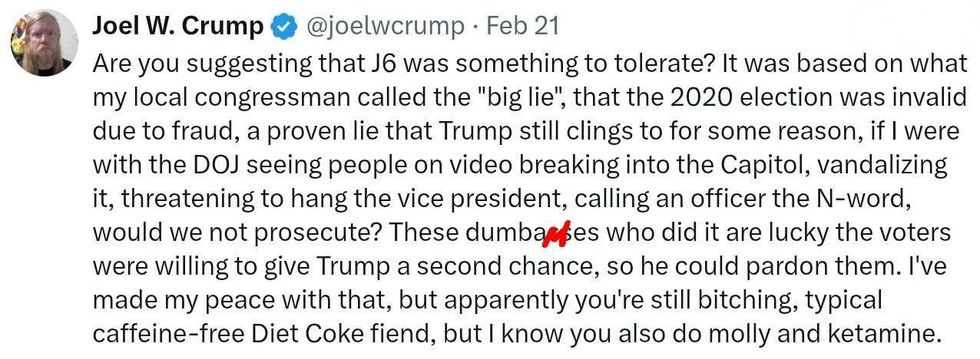 reply to @elonmusk/X
reply to @elonmusk/X reply to @elonmusk/X
reply to @elonmusk/X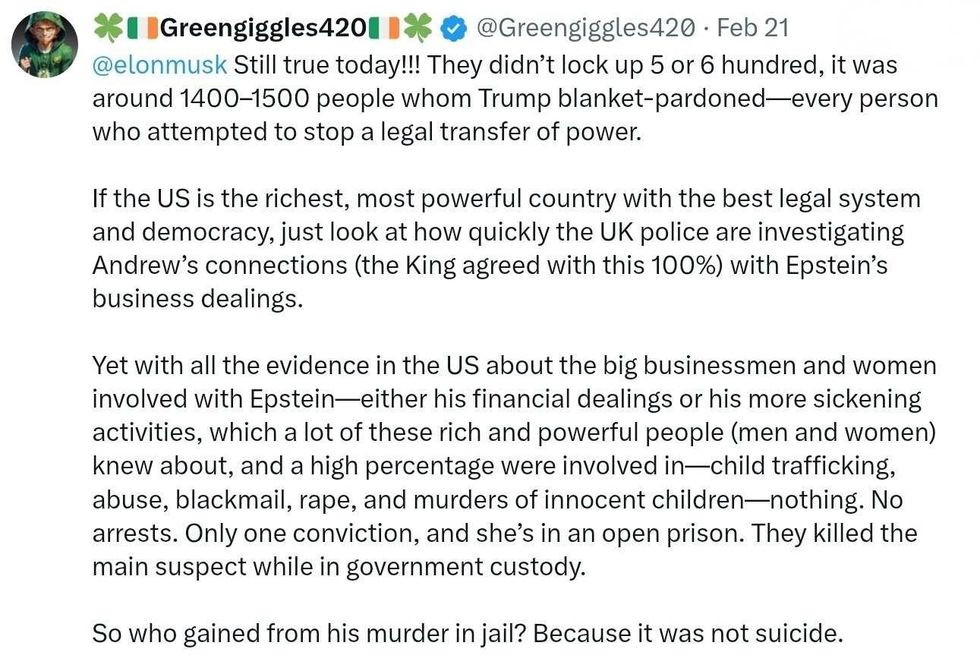 reply to @elonmusk/X
reply to @elonmusk/X